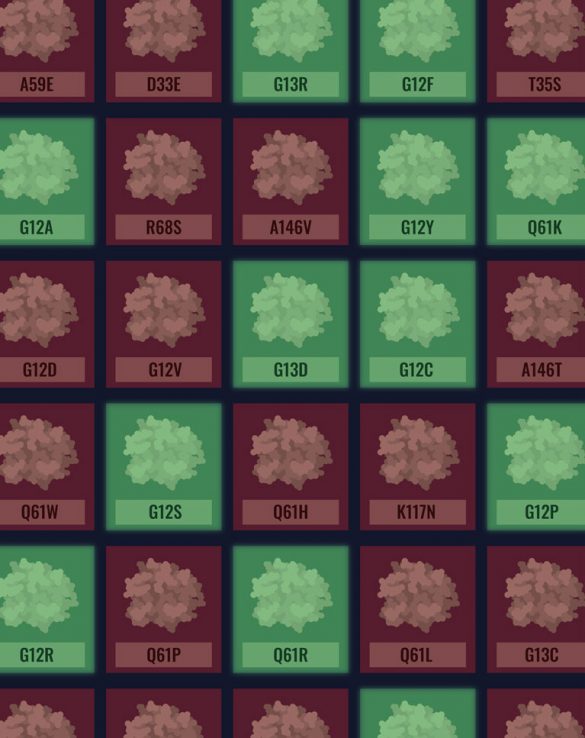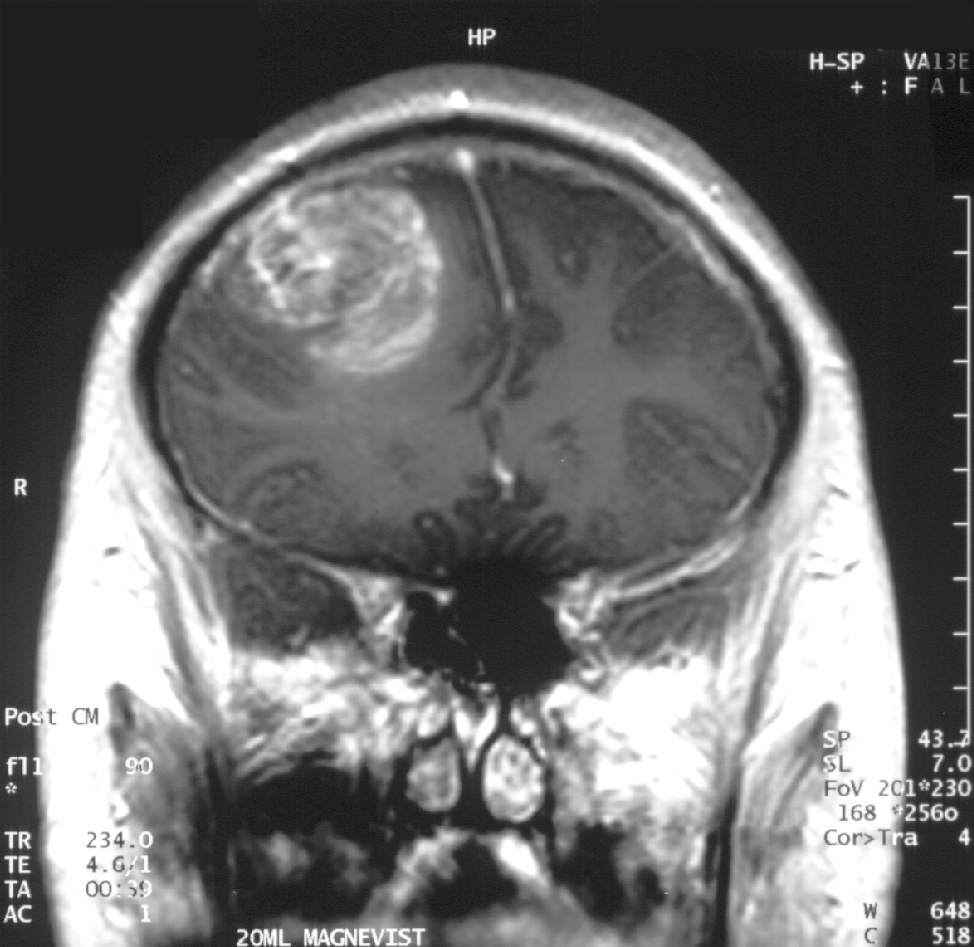 |
| Image credit – UC Davis Health |
CANCER DIGEST – Dec. 26, 2021 – New research shows promise of significantly limiting one of the most severe complications of stem cell transplants for cancer, called graft vs host disease.
 |
| Image credit – UC Davis Health |
 |
| RAS Mutations in green were found to be immunotherapy sensitive |
 |
| MRI of glioblastoma – photo credit Wikipedia |